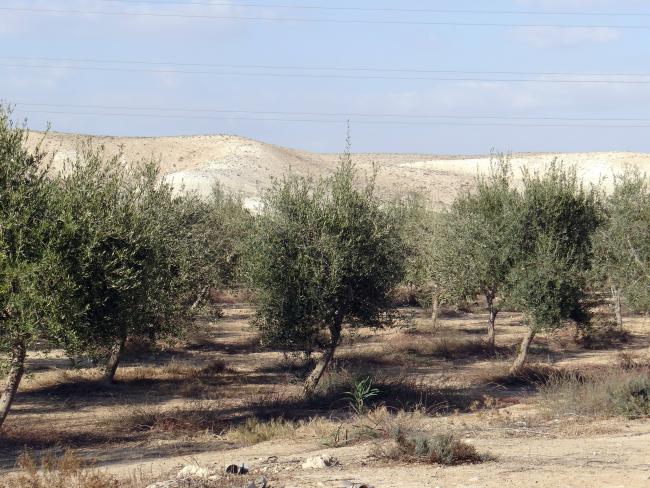On Tuesday, CRIC 19 resumed its review of progress towards the UN Convention to Combat Desertification (UNCCD) target of achieving a Land Degradation Neutral (LDN) world by 2030. Presenting country-level, as well as subregional and regional perspectives, many speakers reiterated the highly-specialized nature of LDN target-setting processes (TSPs), as well as the difficulty of developing “bankable” proposals for transformative LDN projects and programmes (TPPs). They emphasized that this calls for sustained capacity-building support through the design, implementation, monitoring, and reporting cycles.
Among strategies for bridging such knowledge and financing gaps, many countries highlighted efforts to enhance synergies with planning and monitoring processes for climate change, biodiversity, food security, and other related themes.
A number of regional and country-led support mechanisms were also highlighted, including: the Republic of Korea’s Changwon, and Peace Forests initiatives; development of advanced LDN tracking tools by China and Turkey; additional voluntary contributions by the Russian Federation to the Central Asia LDN Fund; and India’s support for various South-South Cooperation instruments.
Responding to the issues raised, Louise Baker, Managing Director, UNCCD Global Mechanism, highlighted a number of promising developments to strengthen countries’ capacities, including ongoing efforts to build high-resolution data platforms that will provide a real-time decision support tool for tracking LDN performance. She also highlighted the growing trend towards multi-country partnerships, such as a collaboration of Caribbean small island developing states, and joint LDN initiatives in the Zambesi Basin and in Central Asia, noting their potential for achieving greater impact than isolated projects.
The Committee then began consideration of progress in operationalizing the LDN Fund, which is managed by Mirova, an affiliate of Natixis Investment Managers. Gautier Quéru, Mirova, noted that the Fund has secured over USD150 million since its inception in 2018, with 70% coming from private funding sources. Describing it as a collaborative process, he cited over 220 projects that have been screened to date, with the project pipeline supporting 10 projects through the LDN Technical Assistance Facility, and a further five financed by the Fund.






